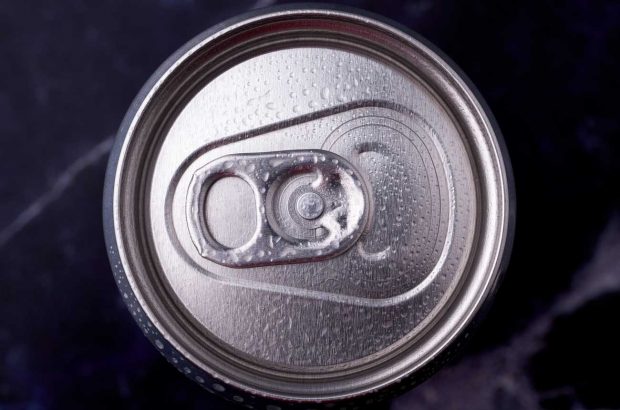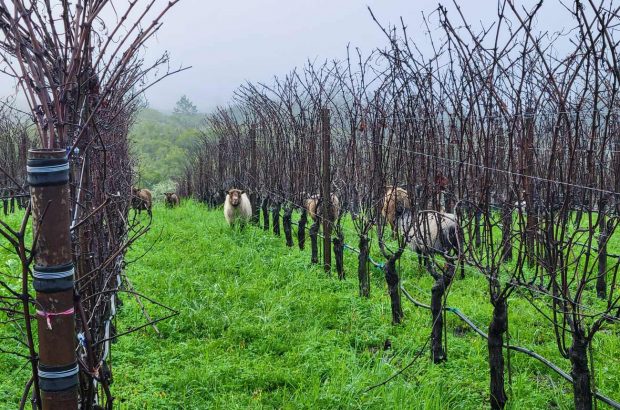What are the things to do - or avoid - before a day of tasting wine? We ask the experts…
How to prepare your palate for wine tasting – ask Decanter
- Avoid strong flavaours like coffee and tobacco
- Taste before meals if possible
- Drink plenty of water
- Think about the order of wines
A full day of wine tasting can be quite a challenge on your palate, and it can get fatigued.
You also don’t want other flavours influencing how you taste the wine.
‘Don’t drink coffee just before a tasting or anything that would affect your palate, such as toothpaste or tobacco,’ John Stimpfig, Decanter’s content director.
‘I try to drink coffee early and have then one hour before tasting to clear the palate,’ said Paz Levinson, executive head sommelier at Maison Pic and DWWA regional chair for Argentina and South America.
‘Before tasting exams, I try to avoid any coffee at all and I taste white wine, which is high in acidity, to calibrate my palate before the tasting.’
‘Then during tasting, I try to drink as much water as I can .’
See also: Etiquette at a wine tasting – ask Decanter
‘Don’t taste straight after lunch. Your palate is generally more attuned before a meal rather than after it,’ said Stimpfig. ‘But don’t taste on a completely empty stomach.’
Order of wines
If you’re tasting different styles of wine, some argue that the order in which you taste the wines can help.
However, there is debate about this.
Some believe that beginning with lighter styles of white wines is the best approach. Others argue that it may be better to start with your red wines, and then move on to the more acidic white wines later, which will wake the palate up.
Heavy, tannic reds are more likely to tire out your palate quicker.
‘Another key thing is to taste dry to sweet, as sugar coats the palate and can make dry wines taste sharp or bitter,’ said Andy Howard MW.





